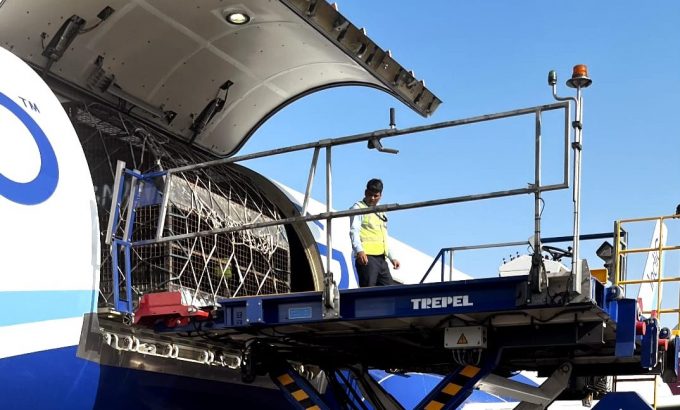India's CarGo boosts freighter fleet to capitalise on e-commerce boom
IndiGo, India’s largest private airline, sees cargo as a strong growth tool as the market ...

IndiGo, India’s largest private airline, continues to consolidate operations at its freight arm, CarGo, for which it sees significant growth potential in the market.
CarGo has three converted A321 freighters, plans to add a fourth this year and last week began a thrice-weekly freighter connection between Kolkata and Ezhou, in China’s Hubei province, offering around 160 tons of capacity a week.
According to CarGo International CCO Mark Sutch, Ezhou Huahu International is a freight-centric intermediate airport that presents high-volume prospects for air ...
Volcanic disruption at Anchorage could hit transpacific airfreight operations
Macron calls for ‘suspension’ – CMA CGM's $20bn US investment in doubt
Forwarders stay cool as US 'liberation day' tariffs threaten 'global trade war'
Shippers snap up airfreight capacity to US ahead of tariff deadline
De minimis exemption on shipments from China to the US will end in May
Tighter EU import requirements proving 'a challenge' for forwarders
Looming Trump tariffs will create 'a bureaucratic monster' for Customs

Comment on this article